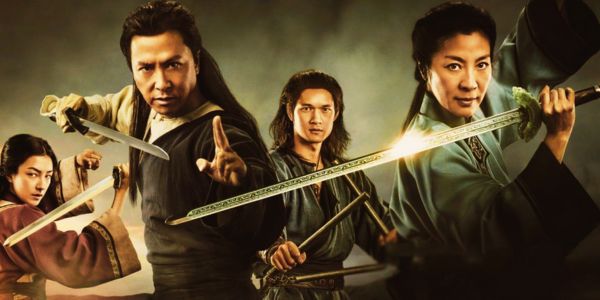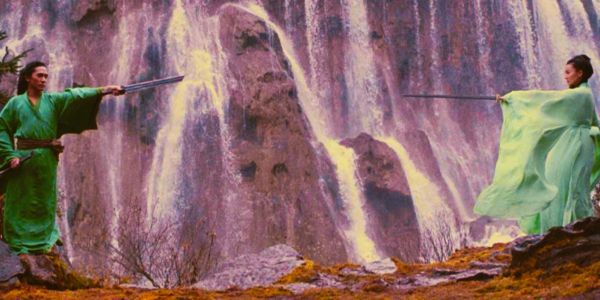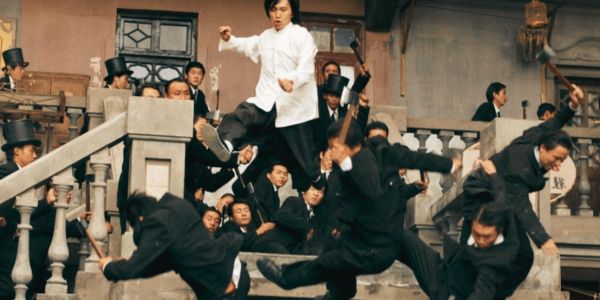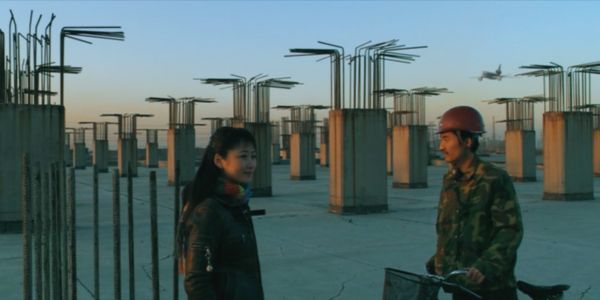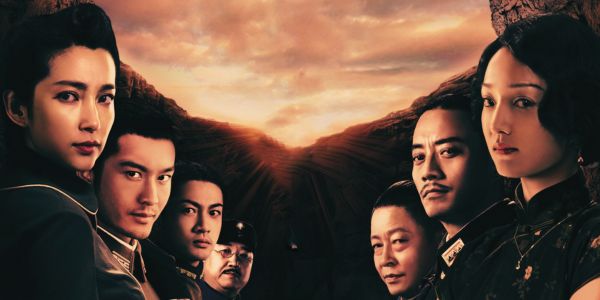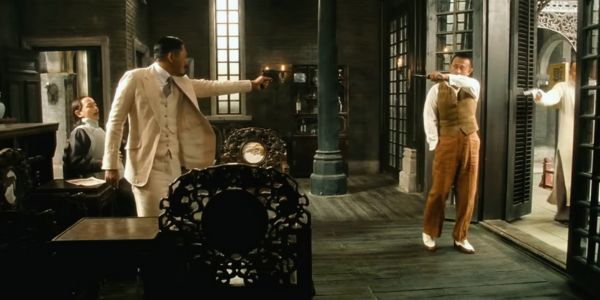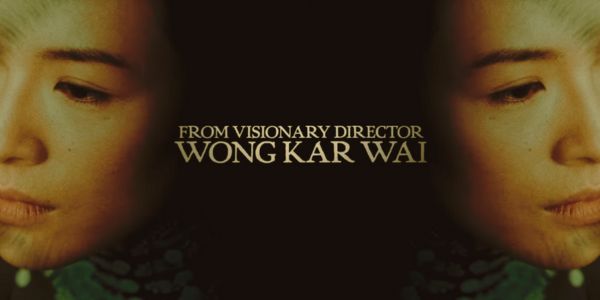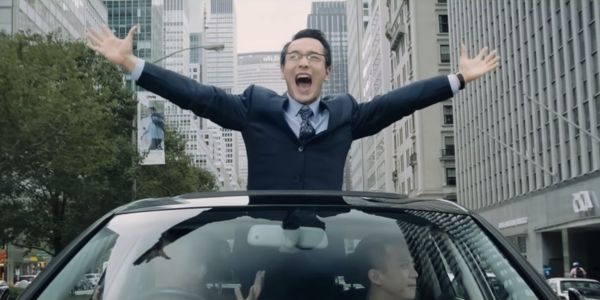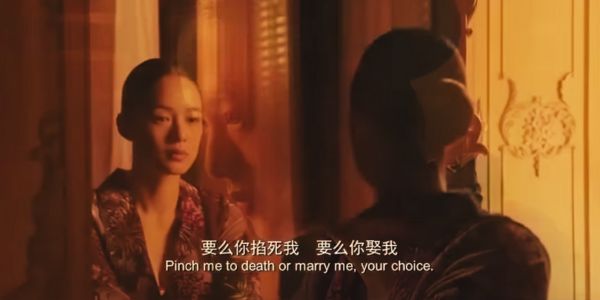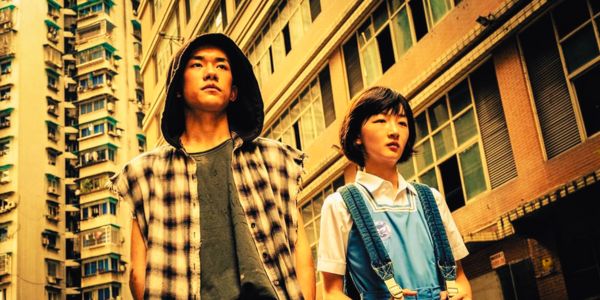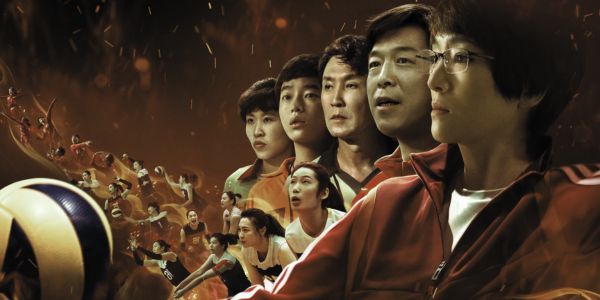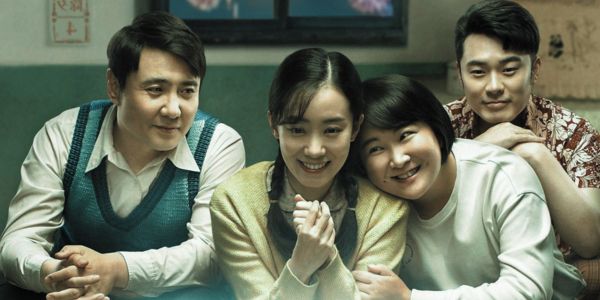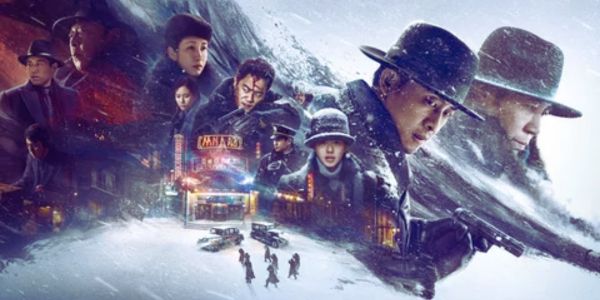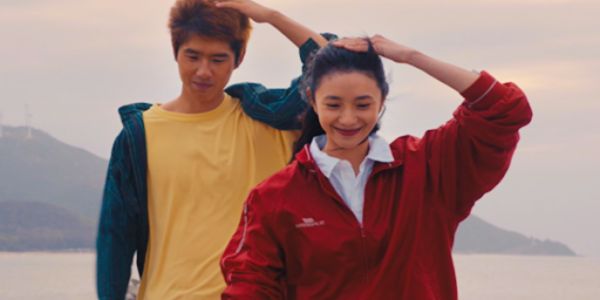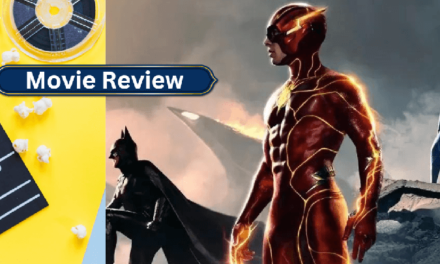Top 15 Must-See Chinese Movies of the 21st Century
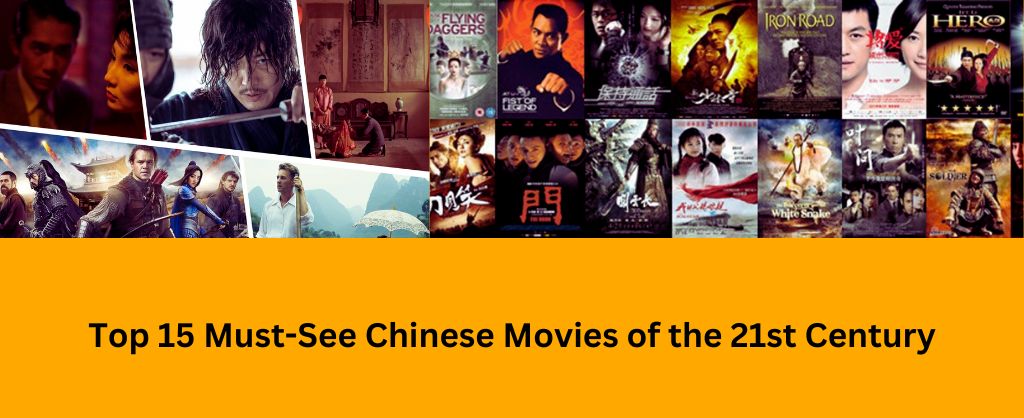
Over the past two decades, Chinese cinema has blossomed into a major force on the world’s cultural stage. With increased funding and relaxed censorship laws, Chinese filmmakers have been creating increasingly sophisticated and internationally acclaimed films that reflect the nation’s evolution into a global superpower.
While Chinese cinema has a long and storied history stretching back to the early 20th century, this article will focus on 15 standout films made after 2001 that demonstrate the diversity, artistry and commercial appeal of modern Chinese moviemaking.
15 Iconic Chinese Movies You Need to Watch
Ranging from blockbuster action flicks to intimate art house dramas, the following movies provide a survey of some of the best offerings from the flourishing Chinese film industry so far in the 21st century.
#1. Crouching Tiger, Hidden Dragon (2000)
Though released right before the 21st century, Ang Lee’s martial arts epic deserves mention for being one of the most internationally successful Chinese-language films and helping spur a revival of the nation’s cinema.
An elegant blend of jaw-dropping action choreography, romantic drama and lush visuals, Crouching Tiger catapulted stars Chow Yun-Fat, Michelle Yeoh and Zhang Ziyi to global fame. The film won over 40 awards, including 4 Oscars, introducing Western audiences to the richness of Chinese wuxia storytelling.
#2. Hero (2002)
Director Zhang Yimou teamed up with kung fu superstar Jet Li and renowned cinematographer Christopher Doyle for this visually ravishing tale of assassination plots during China’s Warring States period.
Employing dazzling color schemes and balletic fight sequences, Hero brought Chinese action films into the art house mainstream. The copious eye candy, philosophical undertones and political intrigue turned the movie into an international hit that paved the way for more big-budget Chinese historical epics.
#3. Kung Fu Hustle (2004)
Stephen Chow’s action comedy pastiche Kung Fu Hustle was a refreshing shot of loopy irreverence. Chow directed himself as a petty crook trying to bluff his way into joining a gang controlled by several martial arts masters in 1940s Shanghai.
The film affectionately parodies and pays homage to the tropes of kung fu classics through slapstick humor, absurdist violence and eye-popping visual effects. Kung Fu Hustle’s blend of lowbrow laughs and stylized mayhem resonated with Asian and Western audiences alike.
Director Jia Zhangke’s understated drama offered a window into the lives of workers at a Beijing theme park filled with miniature replicas of global landmarks. Through long static takes and meandering conversations, Jia depicts the ennui, frustrations and fleeting joys experienced by young Chinese in a rapidly changing society.
The World’s minimalist style brought Jia critical acclaim on the festival circuit for his use of film to provide nuanced social commentary.
#5. The Message (2009)
This expansive historical epic directed by Kuo Cheng and Gao Qunshu vividly dramatizes the pivotal events surrounding the establishment of the People’s Republic of China in 1949.
Focusing on the Communist revolutionaries and Kuomintang government forces, The Message employs CGI visual effects and massive battle scenes to provide a sweeping backdrop to intimate character drama. The film set box office records in China, marking a major milestone in the country’s embrace of big-budget blockbuster filmmaking.
#6. Let the Bullets Fly (2010)
Action master John Woo co-produced this rollicking action comedy set in warlord-era China during the 1920s. Director Jiang Wen keeps the bullets and laughs flying as bandit Zhang descends upon a town ruled by the ruthless Ma Bangde posing as its new governor.
The ensuing extended game of cat-and-mouse filled with double-crosses and pyrotechnics was the highest-grossing domestic film in Chinese history upon its release.
#7. The Grandmaster (2013)
Wong Kar-wai lent his dreamlike aesthetic to the life of Wing Chun master Ip Man in this visually dazzling take on the martial arts genre. Tony Leung embodies grace and pathos as Ip over the course of several melancholy decades of kung fu rivalries and political upheaval.
Wong’s ruminative pacing and sensuous framing presented Ip’s journey through a hypnotic filter, earning The Grandmaster major critical acclaim and the Berlin International Film Festival’s top prize.
#8. American Dreams in China (2013)
Peter Chan’s drama American Dreams in China made a star out of actor Huang Xiaoming in this rags-to-riches tale inspired by real events. Also featuring Tong Dawei and Deng Chao, it follows three friends who go into business teaching English after studying in America and eventually build a wildly successful academy franchise.
The crowd-pleasing film celebrates Chinese entrepreneurial spirit while examining the materialism and ruthlessness that also fueled the nation’s economic miracle.
#9. Gone With the Bullets (2014)
Jiang Wen went over the top with this deliriously kitschy musical melodrama set in 1920s Shanghai. The visual references and Irreverent performances pay giddy tribute to classic films of Hollywood’s golden age. At the center is a talent contest that brings together an eccentric cast of showgirl aspirants, gangsters, warlords and spies.
Deadpan satire merges with old-fashioned star power for a postmodern pastiche that provides outrageous meta-commentary on fame and idolatry.
#10. The Wandering Earth (2019)
China made its mark on sci-fi blockbusters with this big-budget crowd-pleaser helmed by director Frant Gwo and based on a short story by Liu Cixin.
In a futuristic world threatened by an expanding Sun, humanity unites to propel the planet out of the solar system using gigantic thrusters. The Wandering Earth wowed audiences with eye-popping effects and a thrilling plot centered on a Chinese astronaut and team braving peril to keep the Earth hurtling spaceward.
#11. Better Days (2019)
Director Derek Kwok-cheung Tsang explored the issues plaguing Chinese youth in this gritty but poignant crime drama starring Zhou Dongyu and Jackson Yee. Zhou plays a bullied high school student who crosses paths with small-time crook Yee after both become embroiled in a murder.
The film examines how China’s academic and social pressures affect its lost Generation Z through an empathetic lens. Better Days became a streaming smash hit for its timely themes regarding struggling adolescents.
#12. Leap (2020)
Set against the backdrop of China’s Women’s National Volleyball Team in the 1980s, sports drama Leap represented a breakthrough for openly centering LGBTQ relationships in a widely distributed Chinese film.
The movie follows the forbidden romance and competitive drive of two young women training for the team under the stern tutelage of coach Lang Ping. Sensitively acted and directed by Peter Chan, Leap was both a mainstream crowd-pleaser and quietly radical work.
#13. Hi, Mom (2021)
Actor and comedian Jia Ling dazzled critics and audiences as both the daughter and her own mother in this outrageous time-traveling comedy hit written and directed by Jia Ling herself. Still mourning her mother’s death, Jia’s character Jia Xiaoling acquires a time machine that allows her to travel back to 1981 and mentor her future mom through young adulthood.
The heartfelt premise yielded huge laughs and even tears as Jia navigated nostalgic generational dynamics. Hi, Mom became China’s highest-grossing movie ever.
#14. Cliff Walkers (2021)
Zhang Yimou continued to demonstrate his unmatched mastery of period drama aesthetics with this spy thriller set in 1930s Manchukuo after the Japanese invasion. Centered on Communist operatives carrying out sabotage missions, the film delivers broody intrigue and stylish set pieces as the protagonists contend with shifting loyalties and brutal violence.
Boasting Zhang’s painterly images and a strong cast, Cliff Walkers shows Chinese cinema rivaling the glossy production values of any international espionage saga.
#15. Only Fools Rush In (2022)
The romance genre got a fresh spin in this subversive dramedy starring Xiao Yang and Bai Jingting as childhood friends who enter a mutually beneficial fake relationship agreement that turns unexpectedly real.
Director Han Han kept the tone playful and the social satire sharp in examining contemporary Chinese dating culture and economic anxieties among millennials through the misadventures of the endearing contract couple. Only Fools Rush In refreshed romantic comedy tropes with its sympathetic leads and wry perspective on modern love.
Conclusion
As this sampler shows, these past two decades have been an especially fruitful period for Chinese cinema. From action extravaganzas to intimate dramas to genre-blending experiments, the nation’s filmmakers have proven their versatility and increasingly global appeal.
Big-name auteurs like Zhang Yimou and Jia Zhangke have also continued producing festival favorites, showing arthouse sensibilities can thrive alongside more commercial works.
With more investment in homegrown productions, upgraded cinema infrastructure across China’s cities and suburbs, and relaxed restrictions on content, the future landscape for Chinese movies appears very promising. Chinese studios are already competitive with Hollywood in the worlds of animation, sci-fi and online content as well.
Regardless of the forms it takes, Chinese cinema looks to maintain its vitality and inspire audiences domestically and internationally for decades to come.

